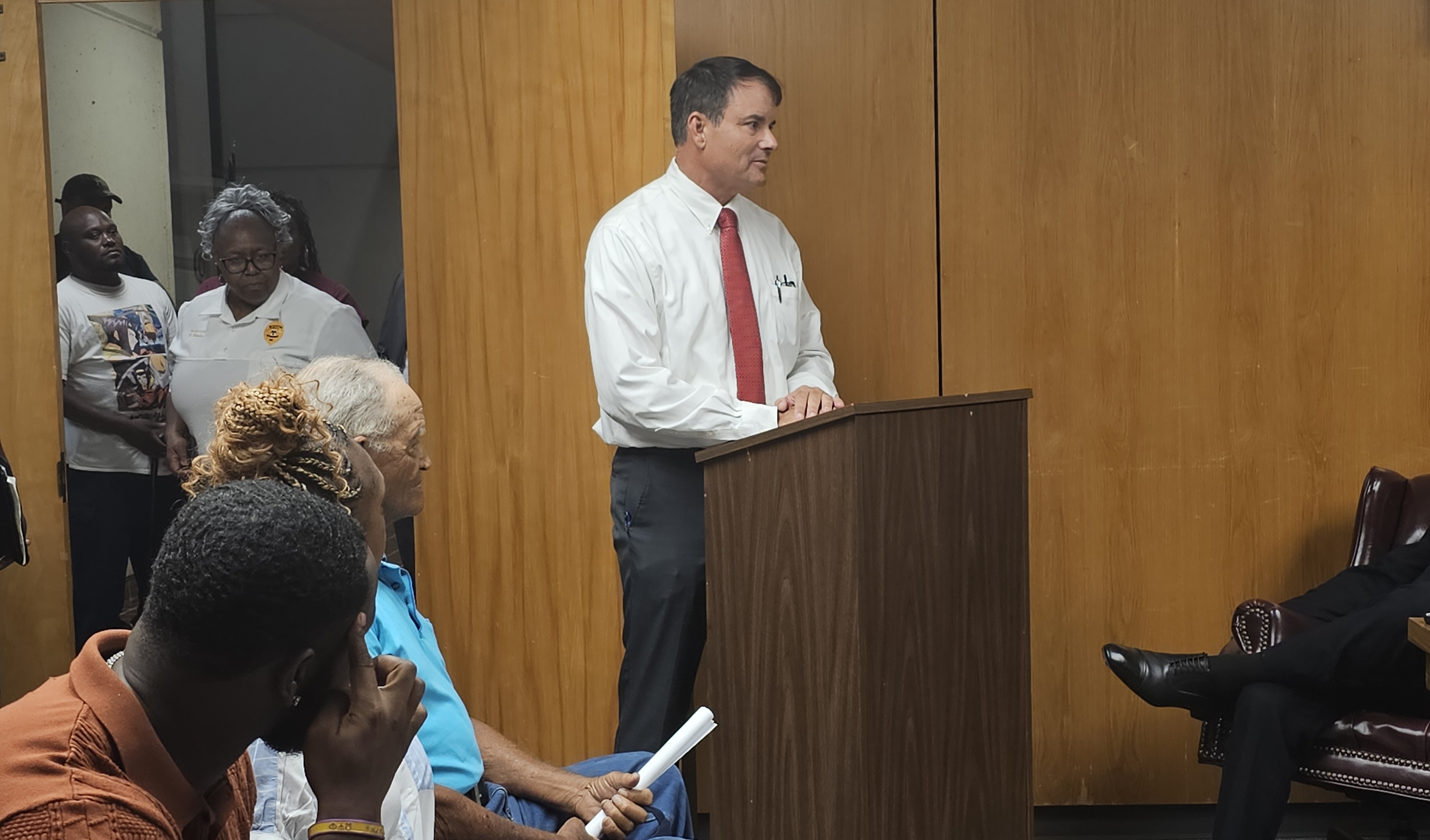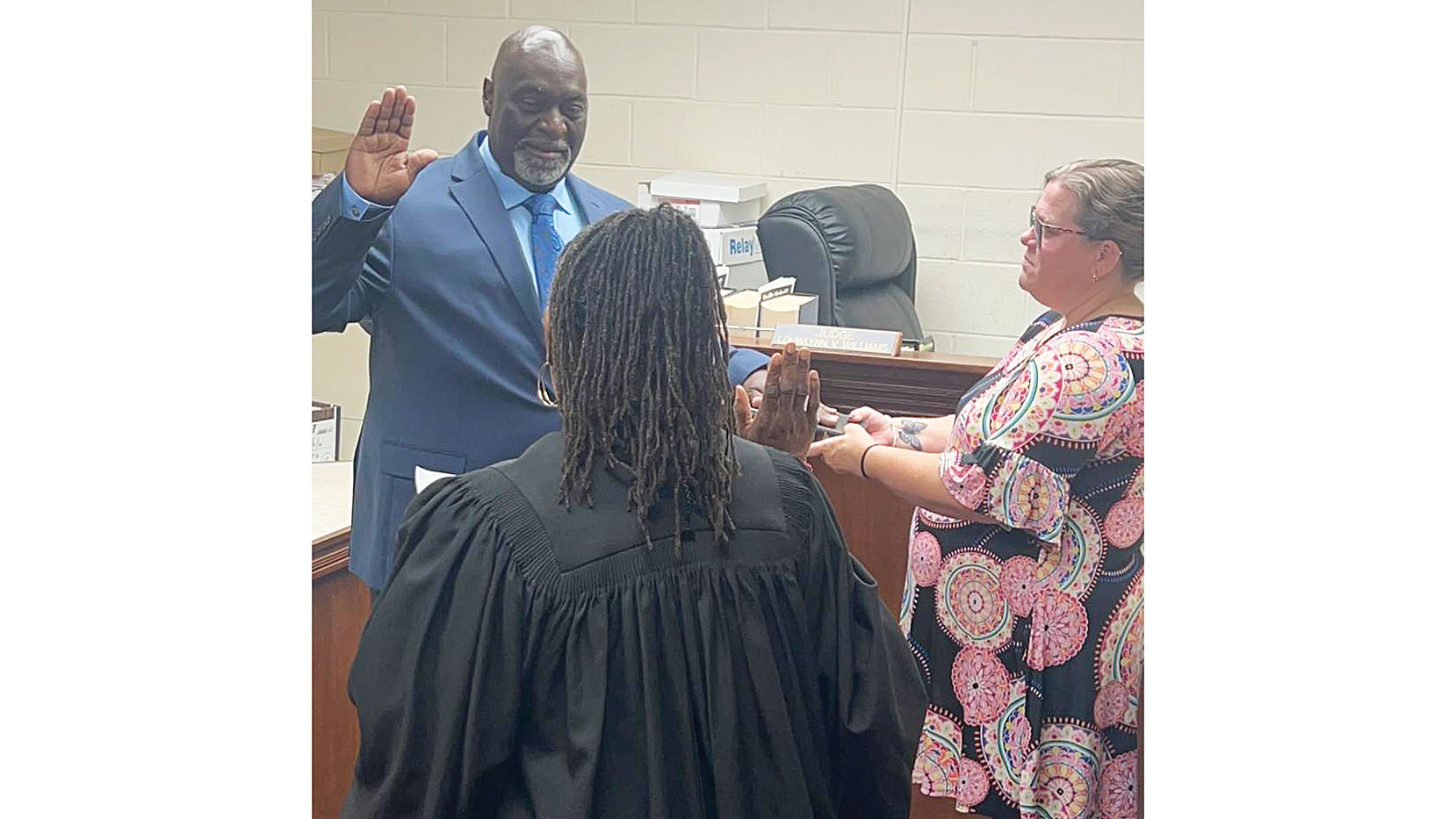High court upholds law on open meetings
Published 10:38 pm Friday, September 8, 2017
It does not take a genius to know that government officials should not meet in small groups to avoid a quorum and skirt the state’s Open Meetings Act. But it took a state Supreme Court ruling against the city of Columbus to reinforce that public officials can’t purposely evade a law that is designed to keep the government open to the public.
The Mississippi Supreme Court on Thursday upheld a ruling that a government can’t set up meetings of less than a majority of public officials to evade the state’s Open Meetings Act, The Associated Press reported.
The court ruled 9-0 that the city of Columbus was wrong to set up pairs of meetings with the mayor and three city council members apiece in 2014, avoiding the city council’s quorum of four members. Those meetings were to discuss an agreement between the city and an economic development agency and maintenance of public buildings, according to AP.
A reporter for the newspaper in Columbus found out about the meetings but wasn’t allowed to attend. The reporter complained to the state’s Ethics Commission, which ruled that these types of meetings were illegal.
Instead of admitting it was wrong and vowing to do better, the city fought the ruling all the way to the state’s high court.
The city, supported by the Mississippi Municipal League, argued that no gathering where a quorum wasn’t present could be a “meeting” under terms of the law, because the council could take no final action without a quorum present, AP reported.
“The city acted with the express intent of circumventing the act,” Associate Justice Robert Chamberlin wrote for the court. “The gatherings were preplanned. The attendees invited purposely constituted less than a quorum. The gatherings were for the express goal of discussing city business. Further, the facts support that city business was conducted and policy formulated at the gatherings.”
While all of this might seem unimportant, it has an impact on how government officials operate. When board members of any public body purposely meet in small numbers to avoid a quorum — just so they can claim that the meeting isn’t public — it is a disservice to the taxpaying public. The Mississippi Municipal League should know better, as should government officials everywhere.
Too often, public officials meet privately in small numbers to skirt the law, and discuss public business in secret. That’s not how government should work, and thankfully the Supreme Court agreed.
Government is at its best when it functions in full view of the public and the press.
“The decision sends a strong message that secret, back-room deals with public boards are illegal,” Ethics Commission Executive Director Tom Hood wrote in an email. “This decision affirms the commission’s position and makes it law. The case is a major milestone for open government in Mississippi.”





